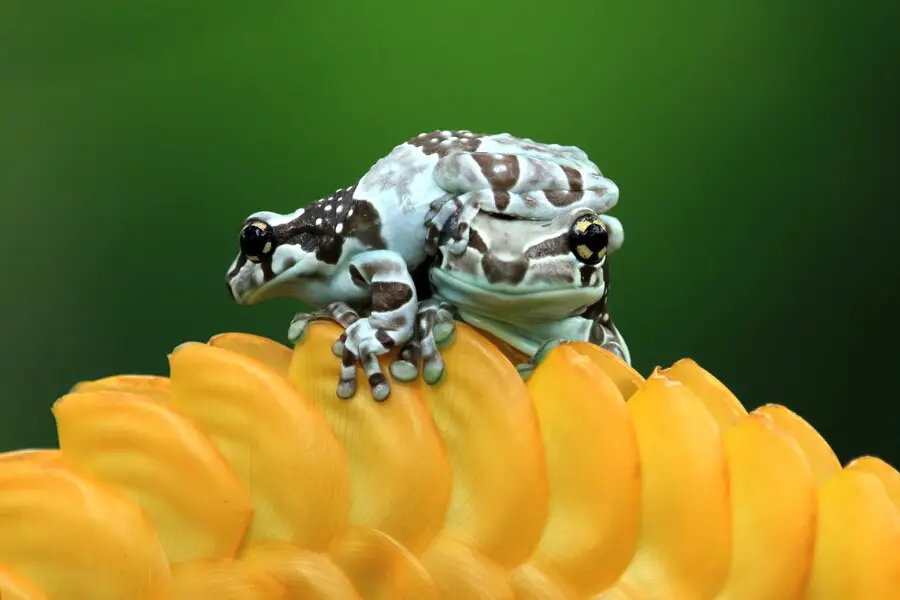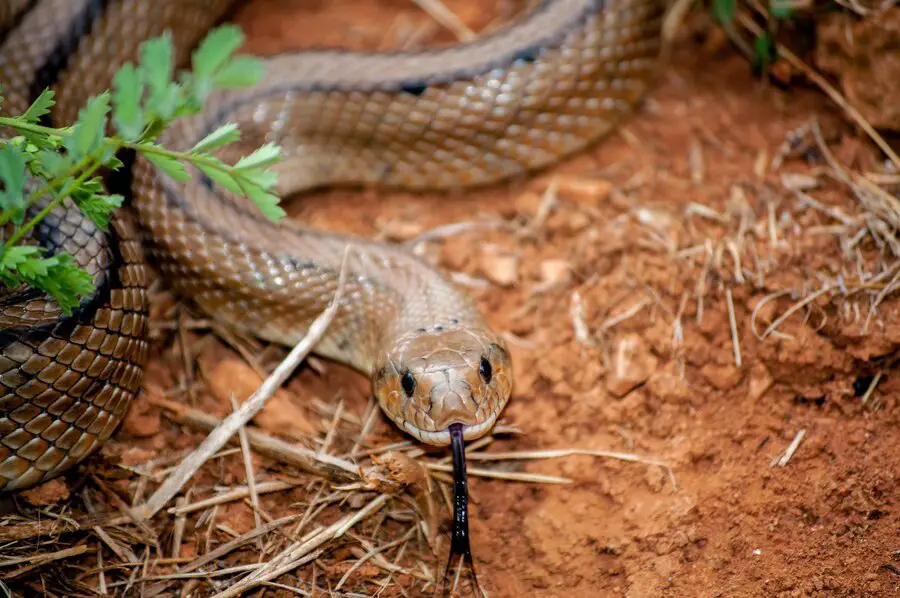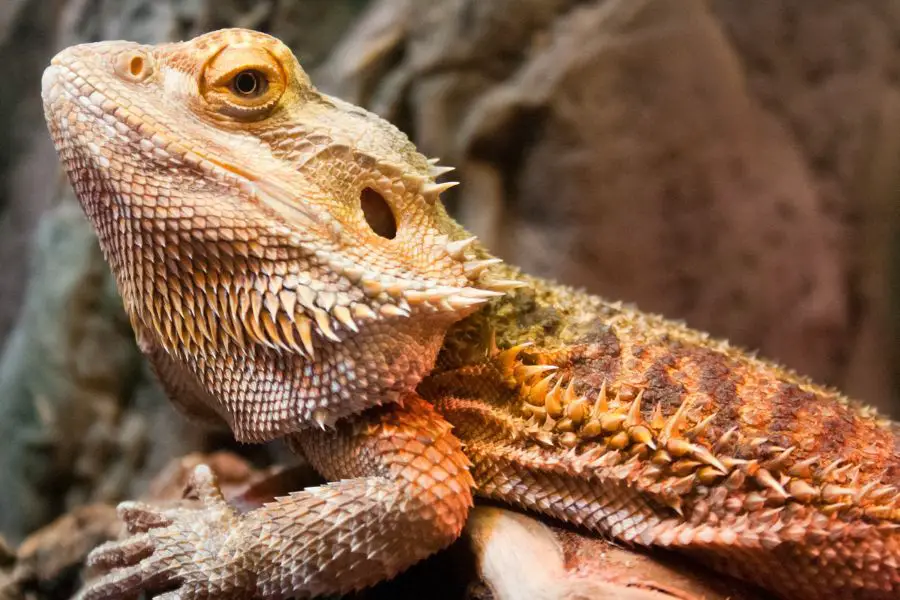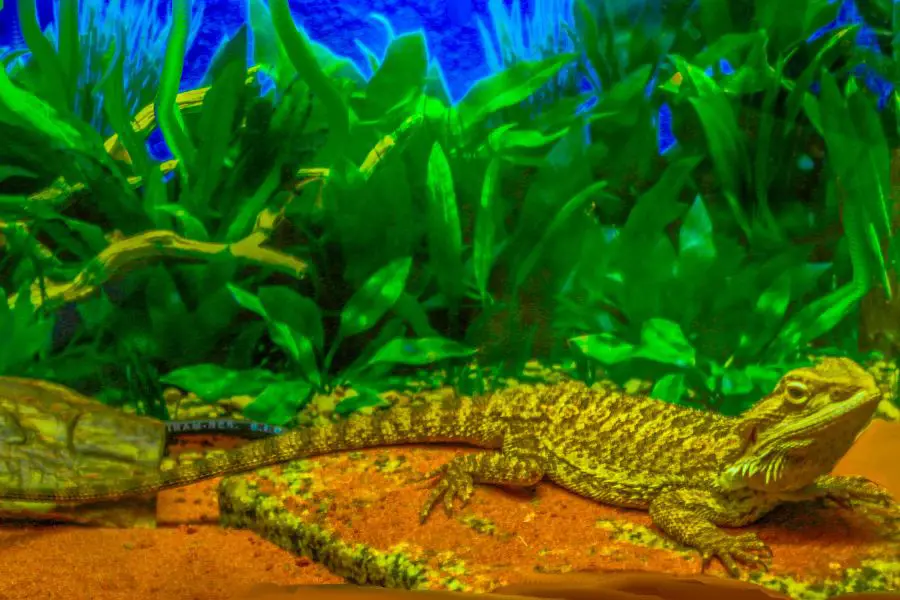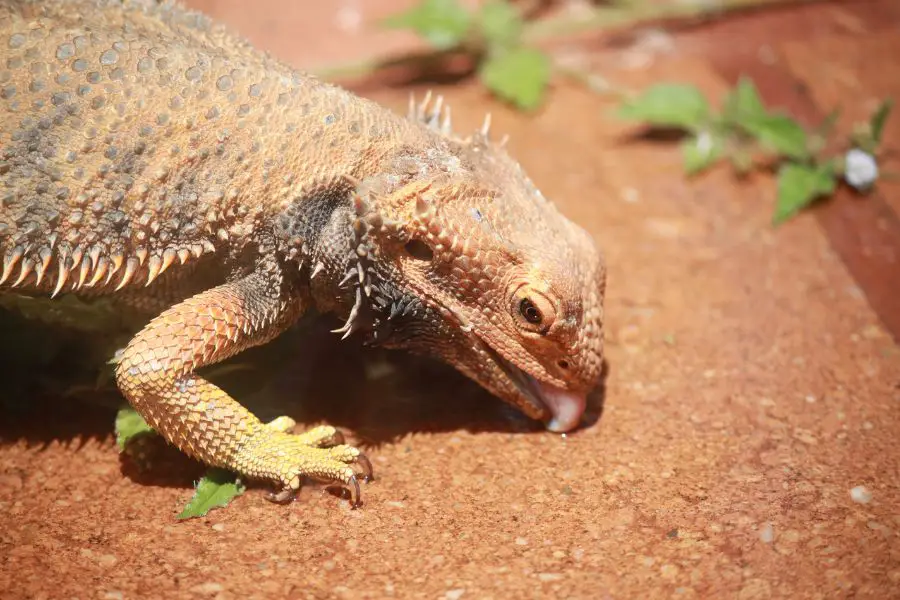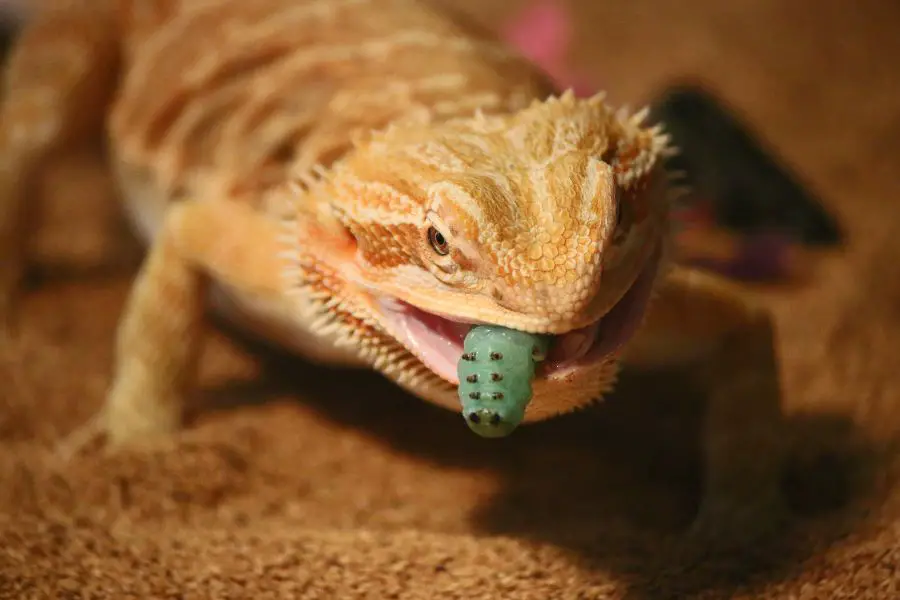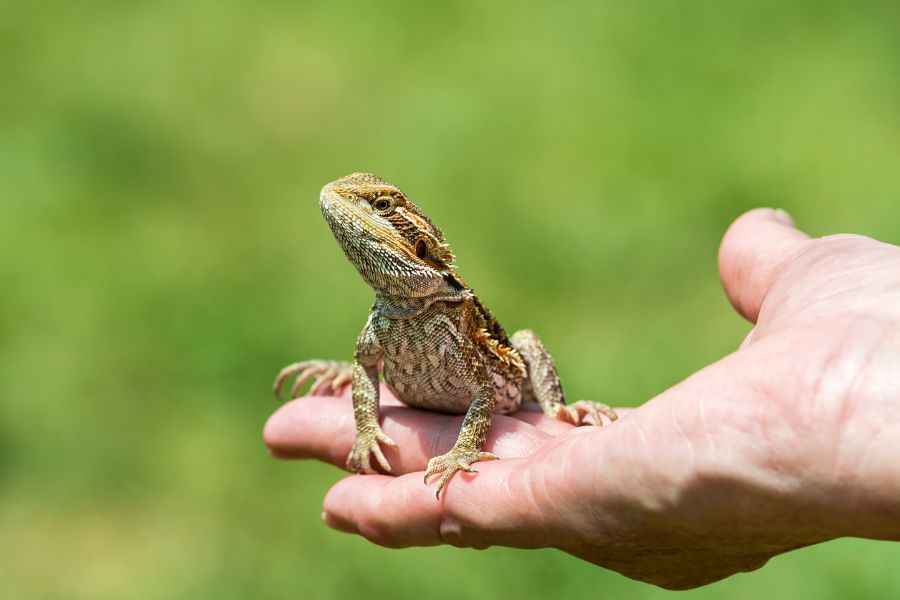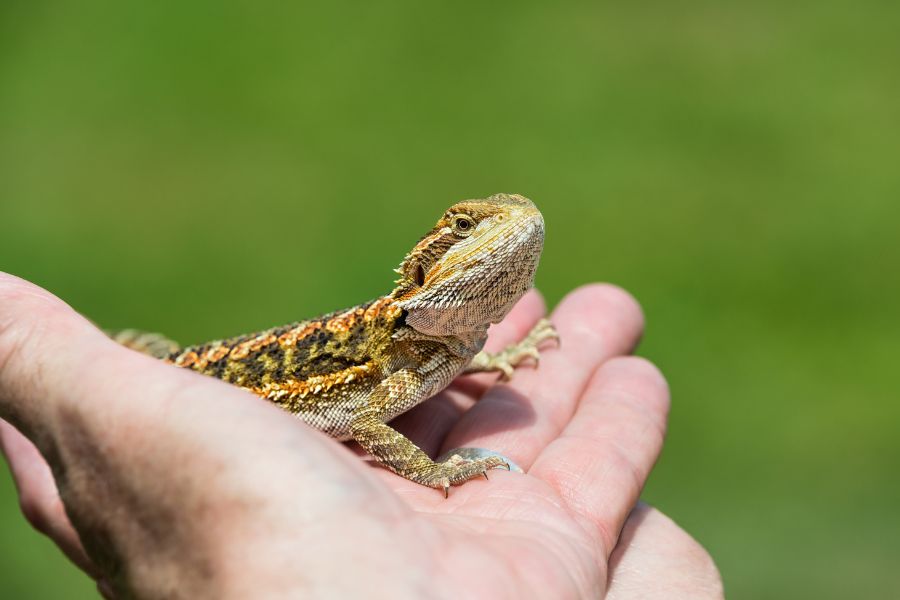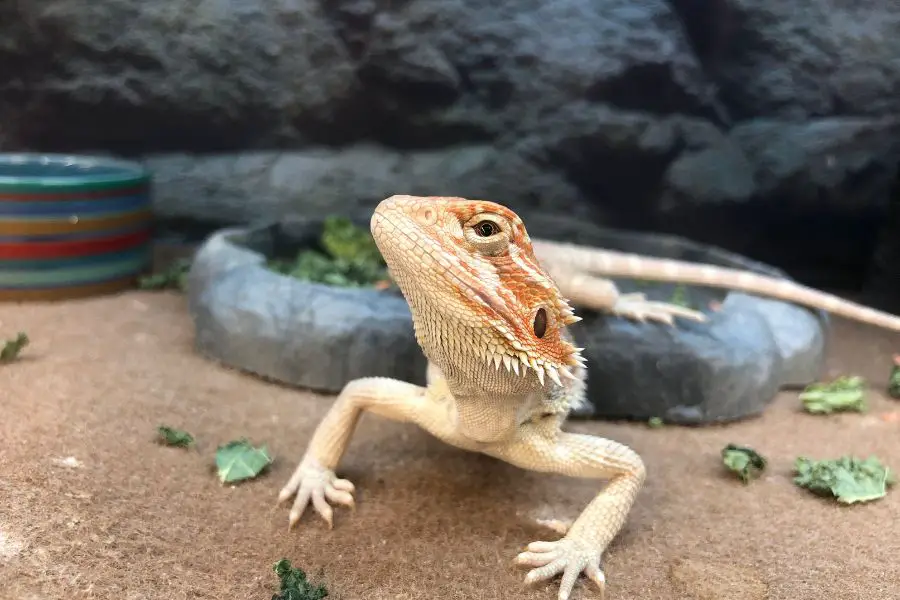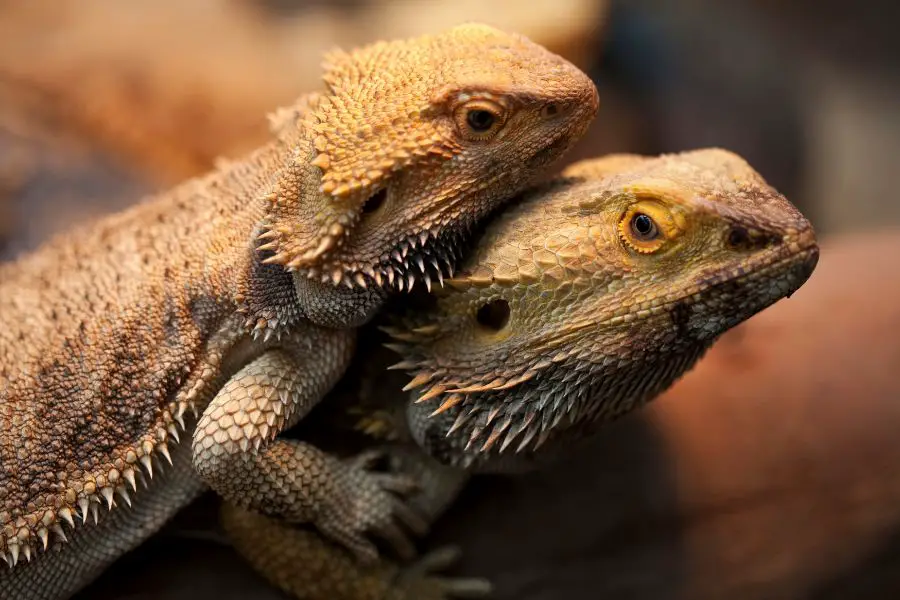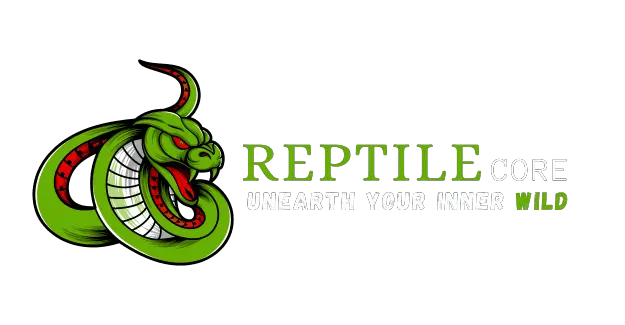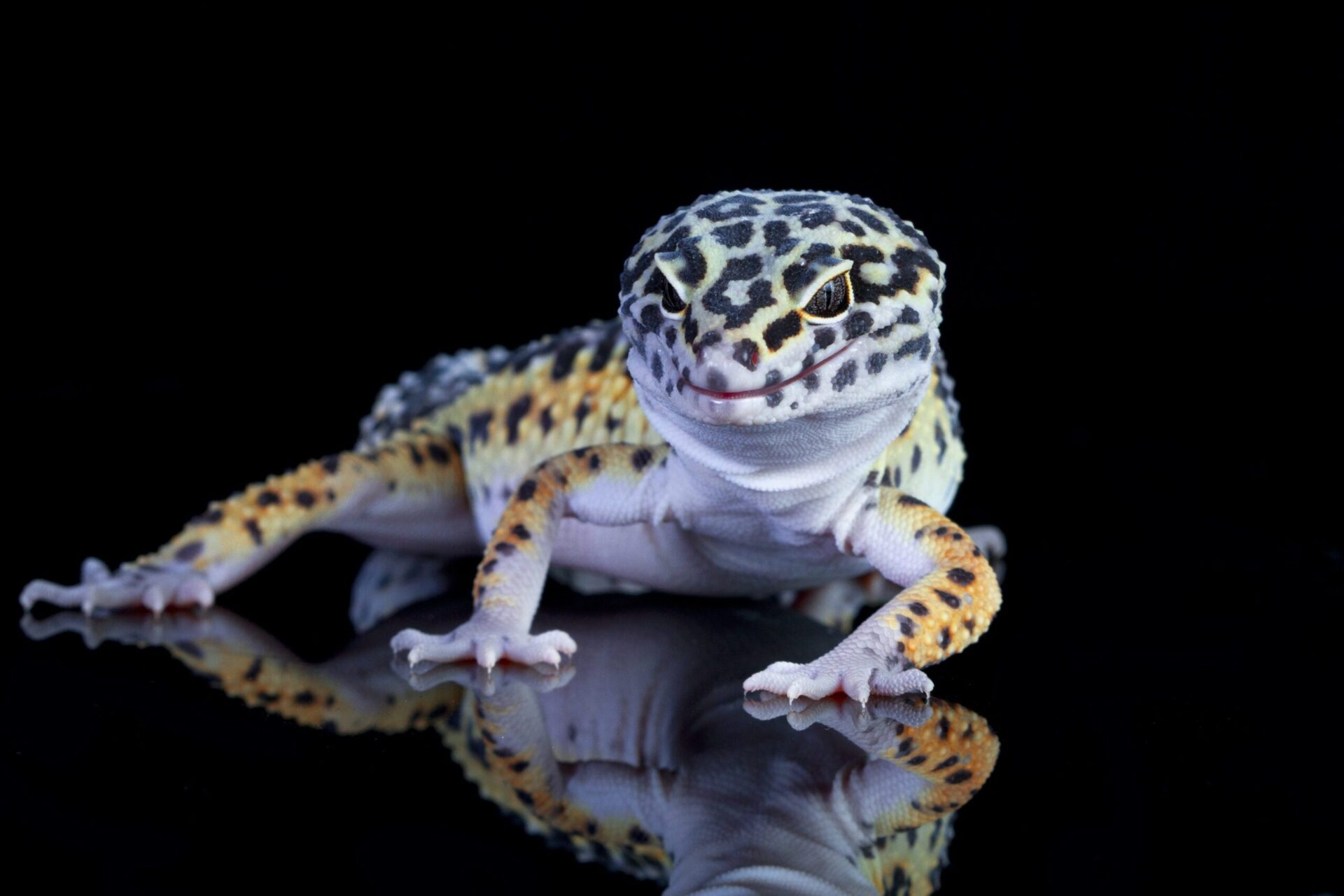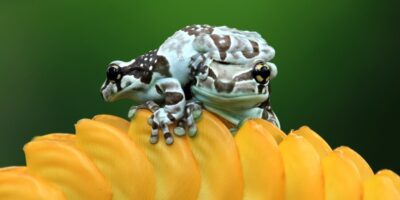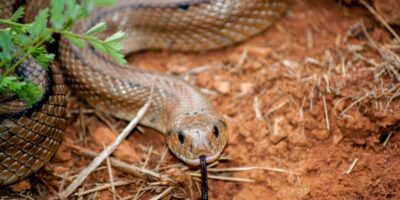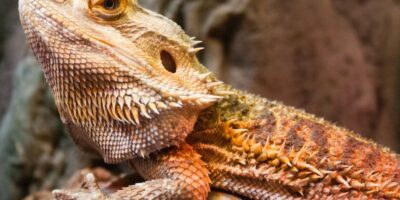The average lifespan of Ackie Monitors typically ranges from 10 to 15 years. However, with proper care and attention, some individuals have been known to live well into their 20s. The purpose of understanding the lifespan of Ackie Monitors is to provide the best care and ensure their well-being throughout their lives.
By knowing how long they typically live and the factors that can affect their lifespan, we can make informed decisions regarding their diet, habitat, and overall health. This knowledge allows us to create a suitable environment that promotes their longevity and enhances our enjoyment of these incredible reptiles as pets.
Factors that Influence Ackie Monitor Lifespan
Several factors can influence the lifespan of Ackie Monitors, such as proper care and environment. Providing a balanced diet that includes a variety of appropriately sized insects, such as crickets, roaches, mealworms, and silkworms, ensures they receive a diverse range of nutrients.
Additionally, occasional fruits and vegetables can be offered as treats or supplements. It’s important to dust the insects with calcium and vitamin supplements to ensure they receive proper nutrition. Monitoring their feeding habits and adjusting portion sizes accordingly helps prevent obesity or malnutrition.
Creating a suitable habitat with the right temperature and humidity levels, along with ample space to explore and bask, is essential for their well-being. Regular veterinary check-ups help identify and address any health issues early on. Mental and physical stimulation, through activities like climbing and digging, contribute to their overall happiness and longevity. By ensuring these factors are met, you can help maximize the lifespan of your Ackie Monitor and enjoy many years together.
Proper Husbandry Practices
Creating a suitable habitat is of utmost importance for the well-being and longevity of Ackie Monitors. The enclosure size should be spacious enough to allow for natural behaviors like climbing, digging, and basking.
A minimum enclosure size of 4 feet long by 2 feet wide is recommended for adult Ackie Monitors. Maintaining the right temperature gradient is crucial, with a basking spot around 120-130°F (49-54°C) and a cooler area around 80-90°F (27-32°C). Adequate humidity levels, typically around 40-60%, help replicate their natural environment and aid in shedding. Providing hiding spots, substrate for digging, and appropriate lighting further enhances their overall well-being.
Veterinary Care and Health Maintenance
Regular veterinary check-ups and preventive care play a crucial role in maintaining the health of our beloved Ackie Monitors. Just like any other pet, these scaly companions benefit from professional care and attention. Veterinary check-ups help identify any potential health issues early on, allowing for prompt treatment and prevention of complications.
A reptile-savvy veterinarian can perform thorough examinations, assess their overall health, and provide guidance on nutrition, habitat conditions, and any necessary vaccinations. These check-ups also provide an opportunity to discuss concerns, ask questions, and receive tailored advice for your specific Ackie Monitor. By prioritizing regular veterinary care, you’re ensuring the well-being and longevity of your scaly friend.
Common health issues
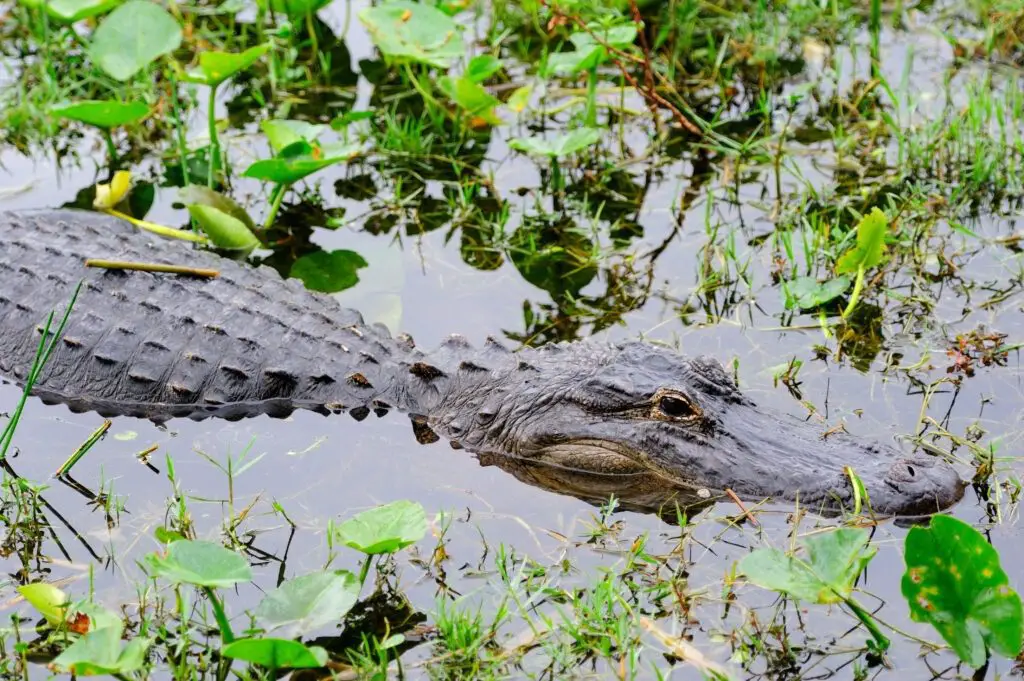
Alligator closeup in the wild in Gator Park in Miami, Florida.
Ackie Monitors may face some health issues, and it is important to address them promptly for a longer lifespan. A common health issue is respiratory infections, which can be caused by poor husbandry or inadequate temperatures. If you notice any signs of wheezing, difficulty breathing, or nasal discharge, it’s crucial to seek veterinary care promptly.
Timely treatment can prevent the infection from worsening and causing more severe respiratory These infections can lead to serious complications if not treated promptly. Another issue is parasites, such as mites or internal worms, which can affect their overall health and digestion. It’s important to regularly check for signs of parasites and seek veterinary treatment if necessary.
Ackie Monitors are also prone to metabolic bone disease if they don’t receive proper UVB lighting and calcium supplementation. This can lead to weak bones and other health problems. By providing the necessary UVB lighting and a calcium-rich diet, you can prevent the onset of metabolic bone disease and promote optimal bone health.
By addressing these common health issues promptly, whether through veterinary care or adjustments to their habitat and diet, you contribute to your Ackie Monitor’s longer lifespan and overall quality of life. Regular check-ups, attentive observation, and a proactive approach to their health will ensure that your scaly companion thrives for years to come.
Mental stimulation and social interaction
Ackie Monitors, just like humans, benefit greatly from mental stimulation and social interaction. Providing them with an enriching environment helps keep their minds active and prevents boredom.
You can achieve this by offering various hiding spots, climbing structures, and puzzles for them to explore and interact with. Additionally, Ackie Monitors are social creatures, so it’s important to provide opportunities for social interaction. This can include supervised playtime outside their enclosure or introducing them to other compatible reptiles. These mental and social engagements contribute to their overall well-being, reduce stress, and promote a happier and healthier life for your scaly friend.
There are plenty of enrichment activities you can try with your Ackie Monitor to keep them engaged and strengthen their bond. One idea is to create an obstacle course using rocks, branches, and tunnels for them to navigate through. You can also provide them with puzzle feeders to stimulate their problem-solving skills while getting a tasty treat.
Another fun activity is to introduce new scents or objects into their enclosure to pique their curiosity. To bond with your Ackie Monitor, spend time near their enclosure, talking to them in a calm and soothing voice. Hand-feeding them treats or gently petting them can also help build trust and create a stronger connection.
One idea is to use a foraging ball. You can fill a sturdy ball with their favorite treats or insects, and as they roll it around, they’ll have to figure out how to get the goodies out. Another idea is to create a PVC pipe maze. By using PVC pipes with different sections filled with food, your Ackie Monitor will have to navigate the maze to find the treats. You can also try an egg carton surprise, where you place food items or insects in the individual compartments of an empty egg carton and close it.
Conclusion
To conclude the whole discussion, providing a suitable habitat with proper temperature and humidity, a balanced diet, regular veterinary check-ups, mental stimulation, and building a bond through interaction are key factors for ensuring a successful and long lifespan for Ackie Monitors. By focusing on these factors, you can give your Ackie Monitor the best chance for a happy and healthy life.
